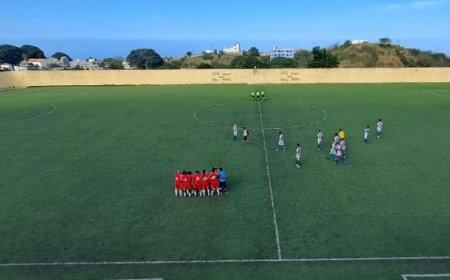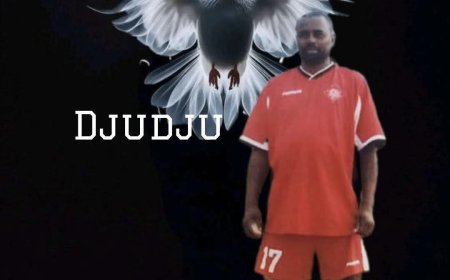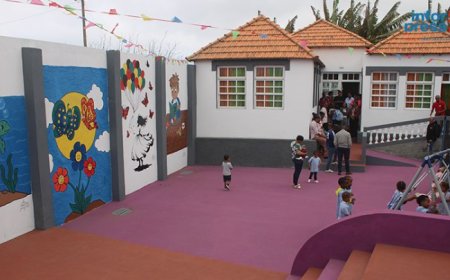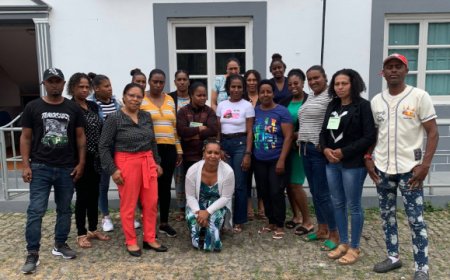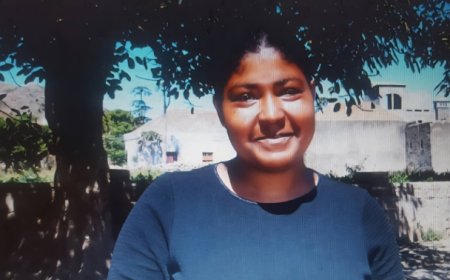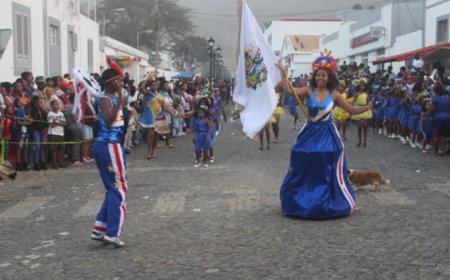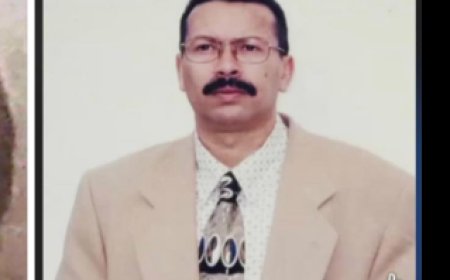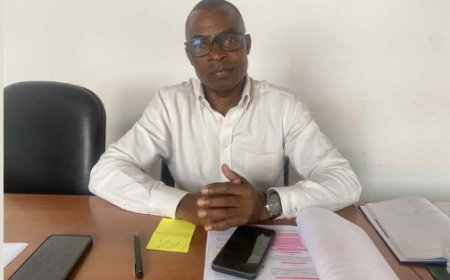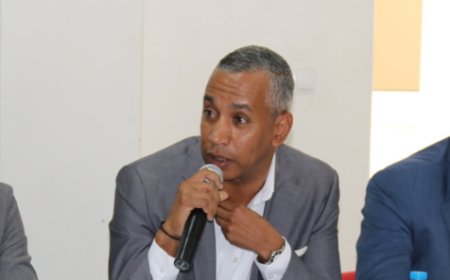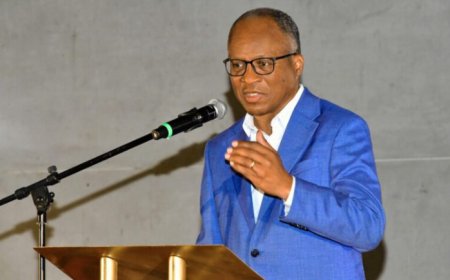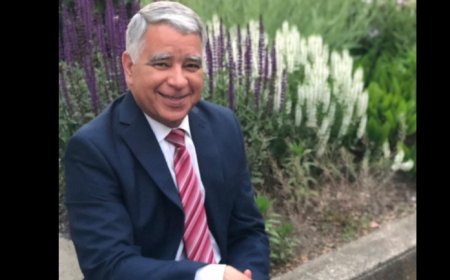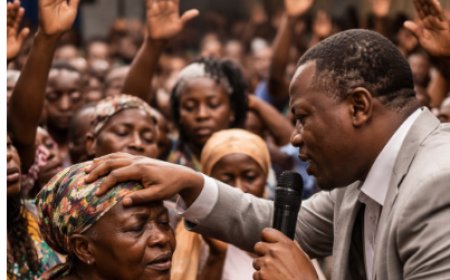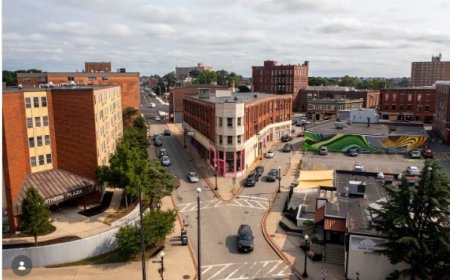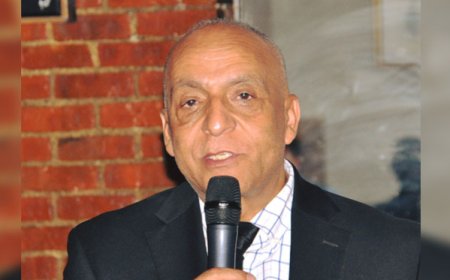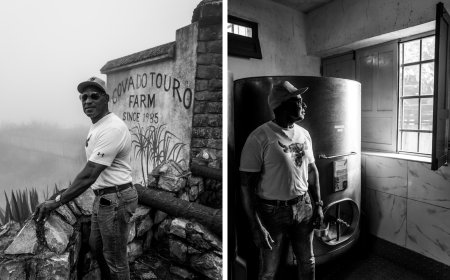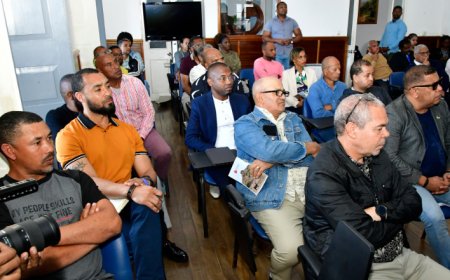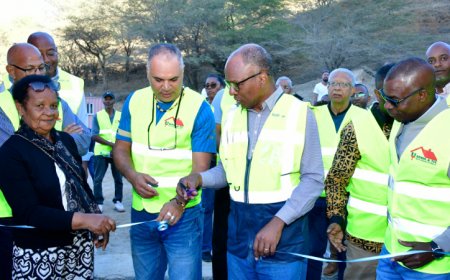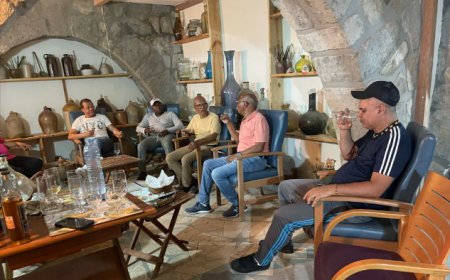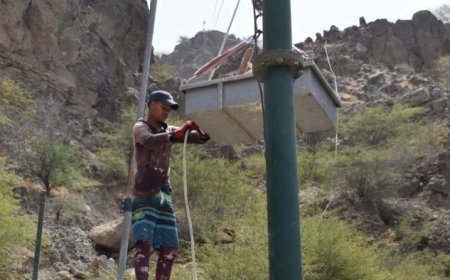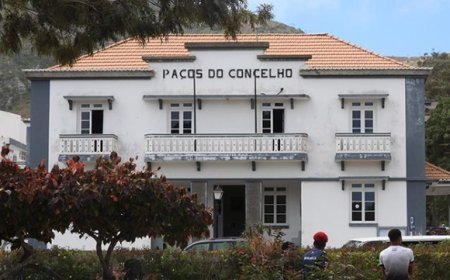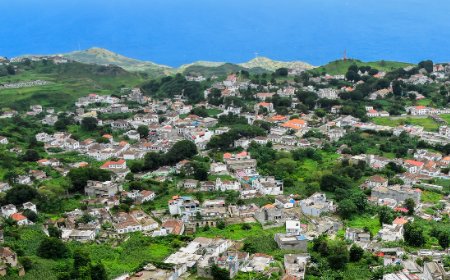Political fanaticism and militant blindness: the silence that condemns the island of Brava
City of Pawtucket, November 13, 2025 (Bravanews) - There are social phenomena that, due to their persistence and impact, say more about the state of a community than a thousand political speeches. The isolation of the island of Brava is a case in point. For more than fifty years, the people of Brava have lived with the tragedy of the lack of decent, regular and safe maritime transportation - an old, deep-rooted problem that, despite promises and speeches, still has no solution in sight.
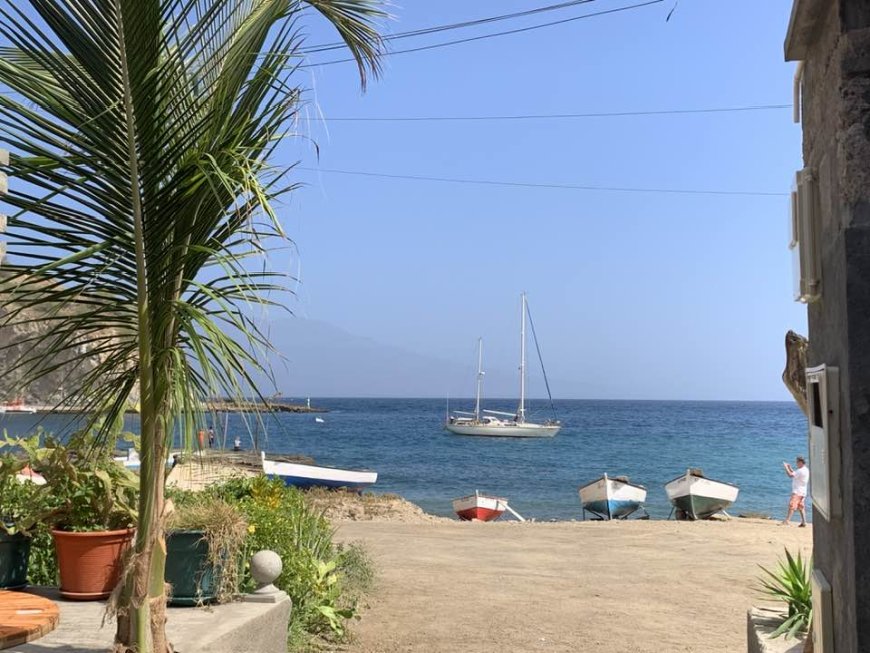
(...) The problem of transportation is not just logistical. It is social, economic and human. Families face serious difficulties accessing medical care, often relying on makeshift boats for emergencies. Students are forced to postpone or abandon their studies off the island due to the lack of safe and regular connections. Traders and small entrepreneurs suffer from shortages of essential products, and tourism, which could be an economic lever, remains limited by persistent isolation.
Emigrants, who return to visit relatives, see their plans ruined by boat delays or cancellations. Each interruption in maritime transportation represents more than an inconvenience: it is a direct impact on people's lives and dignity, and a barrier to the island's development.
But what is most worrying is not just the scale of the problem, but the response of society and local politics. Instead of a united voice, we hear a chorus divided by party fanaticism and militant blindness. Many citizens, out of blind loyalty to their party, try to justify the unjustifiable. They turn collective suffering into an arena for political defense, where the truth is lost in slogans, justifications and partisan attacks.
This blindness has devastating effects. By minimizing structural problems or blaming them solely on the past, governments and politicians avoid taking responsibility. Each administration, instead of solving the problem, transfers it to the next term. The result is that the Brava remains isolated, forgotten and damaged, and the suffering of the Bravenses becomes routine.
Even more serious is the lack of unity between the Brava residents themselves and the diasporized. While party politics divide, the people remain silent or dispersed. If everyone stood up in unison, without flags, without colors, without fear, and demanded concrete solutions, the reality could be different. But as long as division and passivity persist, the problem will continue to be treated as a minor one, and the island will remain on the margins of decisions that impact its survival and development.
The history of Brava is full of examples of this cycle: promises of new ships, plans to subsidize transport, reforms to the port, all of which were announced with great fanfare and never fulfilled in order to solve the problem once and for all. Meanwhile, the suffering of the population persists. Every Braven knows someone who has been stranded on the island for days due to lack of connection, or who has been unable to receive medical treatment in good time.
The isolation also has a profound effect on the local economy. Traders face increased costs due to the irregular transportation of products, while farmers and fishermen see their production limited by the difficulty of disposing of it. Tourism, which could be a source of revenue and job creation, is hampered by unreliable transportation. Ultimately, each failure in maritime transport represents not just an individual obstacle, but a barrier to the island's economic development.
Resolving the problem of maritime transport is not just a technical issue, but a political and social one. It requires strategic planning, commitment from all levels of government and the active participation of the population. Some concrete measures could include the creation of an own fleet for Brava, with vessels adapted to local safety and maritime conditions, temporary subsidization of transport, guaranteeing regular connections while permanent solutions are implemented, strengthening the voice of the community, with associations and forums that unite all Bravenses around the demand for concrete solutions, and monitoring and transparency, so that every political promise is accompanied by verifiable deadlines and targets.
The future of Brava depends first and foremost on the collective conscience of every Bravense. It depends on the courage to say enough is enough, the ability to demand respect and the determination to fight for concrete solutions. It's time to break with complicit silence and partisan fanaticism, and become a militant in Brava's own cause.
The island doesn't need any more empty promises, inflammatory speeches or justifications. It needs action, unity and real commitment. Every Bravense has a duty to raise their voice, not just to complain, but to demand results, ensuring that the next generations don't inherit the same isolation and abandonment.
The history of Brava is full of challenges, but also of resistance and courage. If the people of Brava manage to turn their indignation into collective action, they will finally be able to break the cycle of neglect that has gone on for more than fifty years. Silence and political blindness have been the island's greatest enemies - but the unity, courage and determination of the Bravense people have the power to change everything.
Brava deserves respect, dignity and a future. And that future begins when every citizen stops being just a party activist and becomes an activist for the island itself.
Redaction







